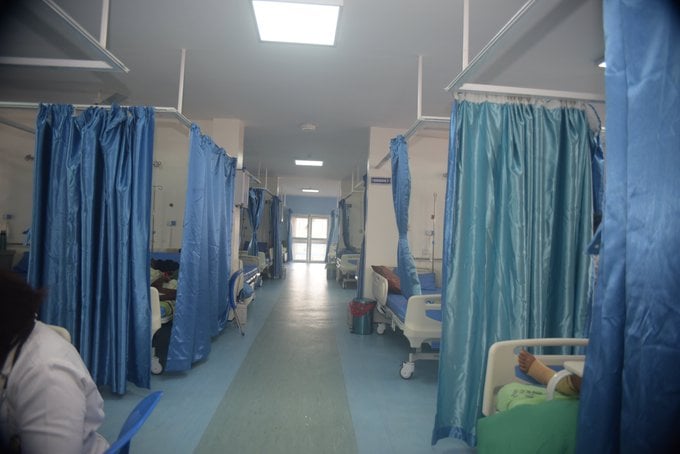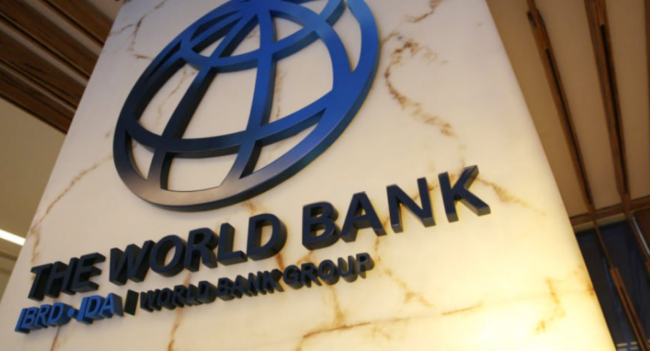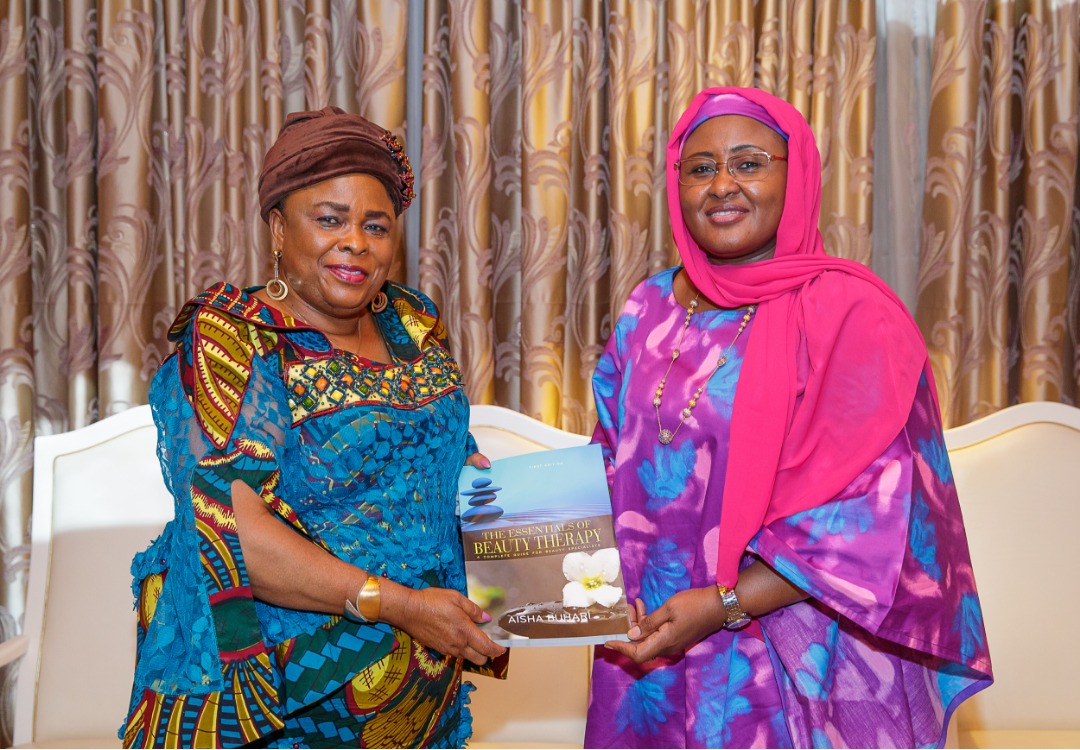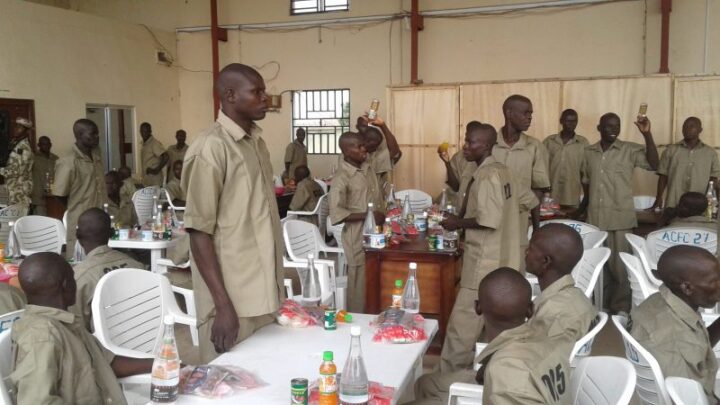Nigeria's President Goodluck Jonathan speaks during an interview with Reuters in New York, September 26, 2012. Nigeria's "robust" approach to neutralizing a threat posed by Islamist sect Boko Haram using military force, holding indirect talks with the group and improving education in the north is paying off, the Nigerian president said on Wednesday. To match Interview UN-ASSEMBLY/NIGERIA REUTERS/Eduardo Munoz (UNITED STATES - Tags: POLITICS) - RTR38GYR
Former President Goodluck Jonathan says his sacking of Farida Waziri, former chairman of the Economic and Financial Crimes Commission (EFCC), was in the interest of the country.
Jonathan was reacting to a statement by Waziri in her book, ‘Farida Waziri: One Step Ahead’ in which she alleged that the former president removed her as EFCC chairman because she was going after ”oil thieves”.
In a statement issued on Monday by Ikechukwu Eze, his spokesman, the former president said Waziri’s removal was not personal and that he had retained her when he assumed office despite international call for her sacking.
”We read media reports credited to the former boss of the Economic and Financial Crimes Commission (EFCC), Mrs. Farida Waziri, in which she claimed in her new book that she was removed from office by ex-President Dr. Goodluck Ebele Jonathan, because of her probe of some oil racketeers,” the statement read.
Advertisement
”We thought we had dealt with this matter, after promptly debunking similar statements she made in the past. In 2017 when she claimed that she lost her job because she ‘refused to back down from the probe of one of the masterminds of the fuel subsidy scam’, we quickly refuted and clarified the claim for the records, and even challenged her to name the individual or company in question.
”We had expected that a book from Mrs. Farida, coming years after the claim was first made, should have towed the path of honour by telling the truth for the benefit of history. Unfortunately, that still didn’t happen.
”It will be recalled that after assuming office as President on May 6, 2010, Dr. Goodluck Jonathan decided to retain Mrs. Waziri, who was appointed by his predecessor, late President Umaru Yar’Adua, as the head of the elite anti-crime agency. Despite obvious disenchantment from many Nigerians and mounting international pressure against Mrs. Waziri’s continued stay in office, the former President stood by her, in line with his conviction that every public officer should first be given the opportunity to deliver on his or her mandate.
Advertisement
”It must be pointed out that former President Jonathan had no personal issues with Mrs. Waziri. The former President had to eventually let her go in the national interest. Her removal therefore has a lot to do with reasons relating to Nigeria’s interest and global standing which details Dr. Goodluck Jonathan is obliged to keep as state secret in our common national interest. It is very important to note that when dealing with the interest of the nation and the performance of the functions of a public office, a determined leader cannot prioritise the interest of an individual.
”It therefore bears repeating here that Mrs Waziri’s removal as chairperson of EFCC had absolutely nothing to do with her purported refusal to desist from probing any oil individual. This claim sounds rather superficial and contradicts available evidence of the then government’s genuine efforts to combat oil subsidy racketeering. It is noteworthy that throughout President Jonathan’s tenure, he made practical efforts to combat the alleged oil cabals, including directing the stoppage of further payment of fuel subsidy claims to oil importers, and the setting up of the Aigboje Aig-Imoukhuede-led committee which had high level representation from all the intelligence agencies including the EFCC, with a mandate to thoroughly investigate the scandals in the industry. The choice of Aig-Aigboje, a man widely acclaimed for his dependability, as leader of the committee, was a clear demonstration that the President had no personal interest in the matter.”
The former president asked Waziri not continue to rue over the loss of a position that is a public trust, and not an entitlement.
Waziri also gave her own account of the 1995 coup in the book, saying Olusegun Obasanjo, former president, who was accused of complicity in the alleged putsch, was innocent of the allegations.
Advertisement
She was EFCC chairman from May 2008 to November 2011. Under her, the anti-graft agency investigated and prosecuted Bode George, former deputy national chairman of the PDP.
She was alleged to have compromised some cases involving former governors like Lucky Igbinedion, former governor of Edo state, who got a slap on the wrist for a $24 million corruption case.
She was replaced by Ibrahim Lamorde.
Advertisement
Add a comment






